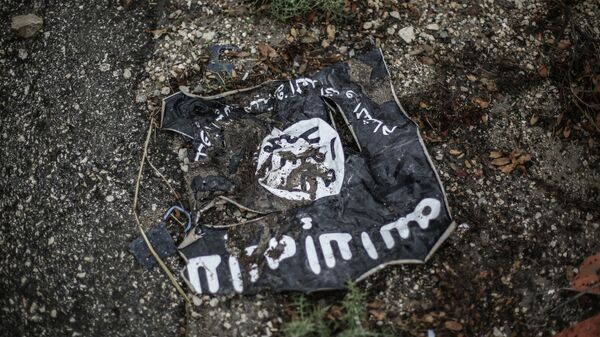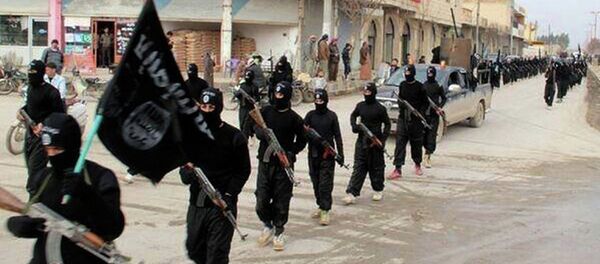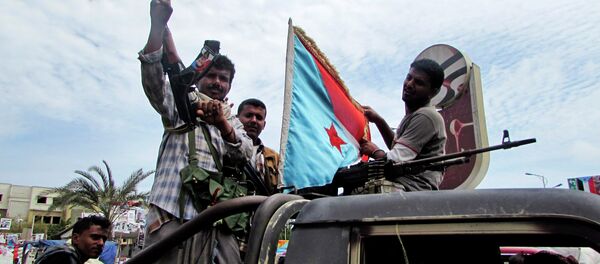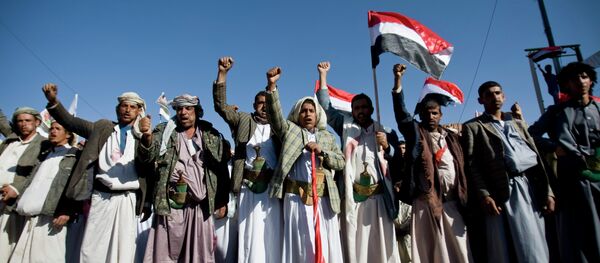Shueibi argues that since the collapse of the Soviet Union, the bipolar order of the post-Second World War period was replaced by a transitional period of a unipolar world order where the United States broke with the 17th century Westphalian principle of sovereignty, replacing it "with the right of humanitarian intervention." The scholar argues that this principle was enhanced following September 11, 2001, when White House-empowered neoconservatives "shaped the theories of…Leo Strauss and Alan Bloom to form a new unipolar world order. That orientation needed an operation arena, which came to be the Middle East…With this shift, the stage of non-polarity started."
Shueibi notes that in the non-polar world, states are only one actor, albeit a powerful one, in a world including international organizations, militias, corporations and non-governmental organizations. Promoted by the processes of globalization, Shueibi argues that the longer non-polarity exists, "the more non-polarity, [and hence chaos,] it will generate." Within this state of affairs, even a superpower may become unable to decisively turn non-polarity into multi- or unipolarity, resulting in a world of coexistence with phenomena such as terrorism "as an inevitable reality."
The scholar notes the significance of the use of the word "chaos" rather than "disorder," noting that "the latter means something that could be put back in order, [while] with 'chaos' there is no [such] possibility." According to Shueibi, the US is presently attempting to create a chaotic world "with no organizer power whatsoever except for the US [itself]."
In the scholar's view, the most apt comparison point to the present conflict in the Middle East is the Thirty Years' War, a series of conflicts in Central Europe in the 17th century bringing widespread destruction and chaos. Shueibi argues that like the results of the Thirty Years' War, the results of the present chaotic situation will result in a series of "weak states unable to control vast areas of their territories," along with a variety of "militias and terrorist groups working to increase their influence…[continuing] civil wars and wars between countries. Secular and societal identities will find a place and even surpass national identities. Local players will continue to interfere in the internal affairs of their neighbors, driven by the [prospect] of huge natural resources supplies. Foreign players, however, will be either unable or unwilling to let the region stabilize."
In Shueibi's view, there is no simple solution to the problems in the region, given that the nature of the challenges differs from "from one region to another and from one issue to another." In his view, given the region's trend toward "disintegration and fragmentation…the Caliphate State may become reality," noting that it may result in a domino effect of multiple new caliphates, based according to the untested and mythical archetype of the ideal Islamic Caliphate of centuries past.




